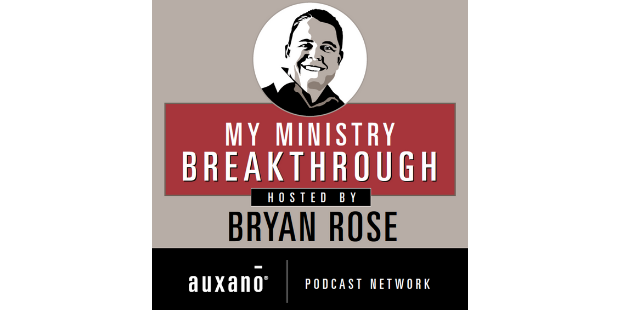
The Significance Behind Recruiting One More Volunteer
Without that backup volunteer in place, conversations that change everything are hard to have. To stop and talk means that a welcoming task will likely not be done. Gospel opportunities exist on your church campus every weekend, but your hospitality team may not be ready to recognize and respond to them. As the leader, it is up to you to recruit that “one more” volunteer to help provide the warmest welcome possible. Here are five holes in your hospitality to fill asap.
This weekend, put someone else…
…on the sidewalk. The gap between your front doors and your guest parking spaces can feel like a long walk to the first time guest. Playing zone in your hospitality means that someone minds that gap, ready to receive a warm handoff from your parking lot team and walk alongside your guests into the front doors. Do you have anyone smiling on the sidewalk?
…in the parking lot. The parking lot typically contains the most transactional hospitality moments every weekend. Everyone wearing a vest will necessarily be correctly positioned and focused, to keep every car moving and every pedestrian safe. Do you have anyone else out there who can engage in a relational moment if needed?
…at the back doors. The invitation to return next Sunday may be more critical than the welcome this Sunday. It is easy to think of hospitality as merely a “before the service” need. However, the questions a first-time guest might have after worship could be much more important than those they have prior. Do you have people at the doors as everyone exits the service?
…in front of a counter. The worst place for a hospitality leader is behind a desk. It is too easy to hide behind a table, to carry on a conversation with another volunteer behind a counter, and to forget that their first priority is to serve the guest. Do you have anyone positioned out in front of the counter, focused and poised to help?
…in the church office. The office phone rings all week, and there is typically an operator or receptionist ready to give a warm welcome and connect callers to the appropriate extension. But on Sunday mornings, callers are likely looking for information or maybe even just reaching out for help. Do you have someone answering the phones on Sundays or will callers get an impersonal recording?


Tags: Bryan Rose, Church Guest Experiences, Danny Franks, Guest Experiences, Volunteers


























